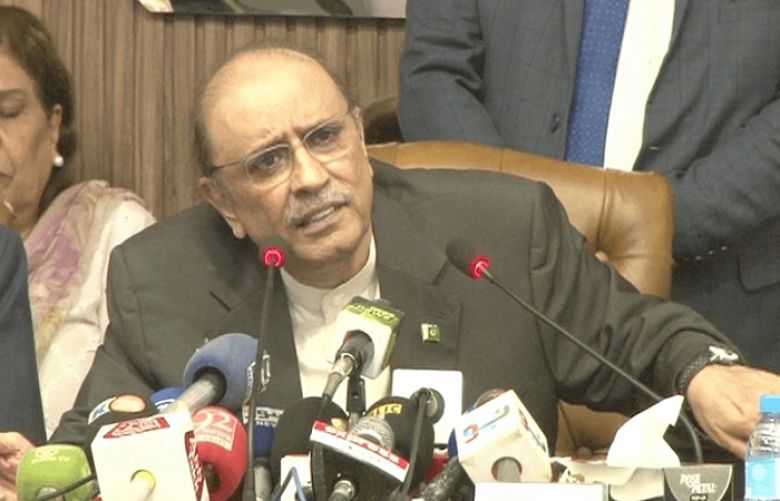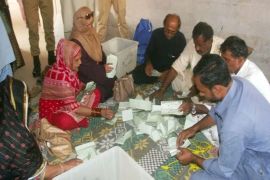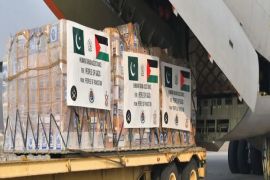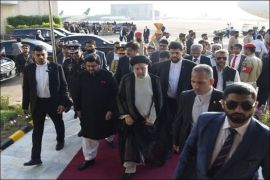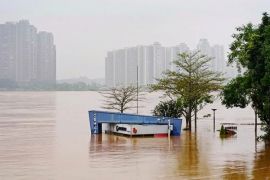PPP co-chairperson Asif Ali Zardari, a key ally in the ruling coalitions at the Centre, renewed on Wednesday the call for a “charter of economy”, and stressed the need for collective efforts to improve the country’s economic situation.
In the recent past, the idea of a charter of economy was floated by the incumbent dispensation in Islamabad, notably Prime Minister Shehbaz Sharif, before the last year’s budget and not too long after its ascension to power following the ouster of former premier Imran Khan through a no-confidence vote in April.
The idea focuses on all stakeholders collaborating on formulating a framework for improving the economy.
Zardari again highlighted its need today during a speech at that Lahore Chamber of Commerce and Industry, where various issues pertaining to the economy came under discussion.
Stressing the need for the country to reach “double-digit exports”, he said Pakistan had all the resources to achieve this without assistance from foreign investors. “We can do it among ourselves.
“The big businessmen of Punjab should come together, choose industries and make groups. You form them and [invest] from your own pocket. We will guarantee them, we will guarantee those loans, we will guarantee your investment.”
He further said, “An economy is not for five or 10 or 15 years. It is for our children. It is [for] the generation to come.”
Zardari also highlighted the importance of entering public-private partnerships, saying, “Countries, politicians — we make policies. We don’t run the countries or businesses, that’s for you to do.”
He further asserted “everything” was made by the private sector and not public sector elsewhere in the world.
Here, he recalled that he had also told the PTI chief in Parliament in the past to “sit down and — do whatever [tyranny] you can do with us. I am used to being in Lahore in the jail rather than at home … But that’s not important because individuals don’t matter.
“But sit down on a charter of economy with us. Let’s talk to each other. Because you are also going to one day pass away and I am also going to one day pass away … But let’s sit down and think beyond. And not for [just] five years, 10 years or 15 years.”
Concluding his address, he said, “We have to think collectively. Business people have to think collectively.
“You all have to make this charter of economy. If you are on this, then we are with you. If you are not on this, then we are not with you.”
Zardari’s remarks come at a time when Pakistan, which is also in political turmoil, has been caught up for months in an acute balance of payments crisis, with its central bank’s foreign exchange reserves dipping to as low as to cover hardly a month of controlled imports.
The country also faces a possibility of default, propelled by its declining remittances and foreign exchange reserves, as well as a prolonged delay in reaching an accord with the International Monetary Fund (IMF) for the release of a $1.1 billion tranche out of a $6.5bn loan package.
Meanwhile, the government, which is set to present a new budget this week, is caught between a painful fiscal adjustment reforms agenda set by the IMF, and to make room for any relief to the people ahead of a national election scheduled in early November.

